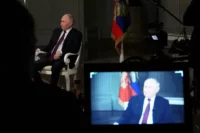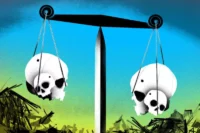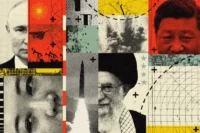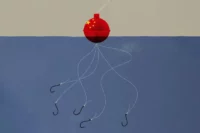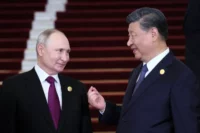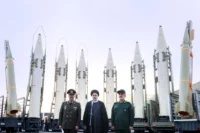¿Quién dominará el mundo dentro de 20 años?
El título del libro de Noam Chomsky ¿Quién domina el mundo? me sirve para hacer unas consideraciones sobre lo que puede ser la relación de fuerzas en el mundo dentro de 20 años. En las postrimerías del mandato de Biden, parece evidente que este país, la primera potencia desde el fin de la Segunda Guerra Mundial, y mucho más a partir de la desaparición de la URSS, tiende a perder posiciones relativas. El mundo de Bretton Woods y del predominio del FMI y del Banco Mundial está en crisis. Como están en crisis muchas democracias, y singularmente, la de Estados Unidos con una epidemia de bipolaridad que parte a la sociedad en dos, la campaña electoral de noviembre tenderá a ampliar la brecha entre demócratas y republicanos.… Seguir leyendo »



